New Jersey’s air quality has improved significantly over the past decade, but challenges remain from industrial emissions, as smog and fine particle emissions persist to pose health risks. To maintain the progress, the New Jersey Department of Environmental Protection (NJDEP) introduced the updated State-of-the-Art (SOTA) standards. These new regulations focus on tightening emissions from stationary engines, including both compression ignition (CI) and spark ignition (SI) reciprocating internal combustion engines (RICE).
Under the revised SOTA guidelines, stricter emissions limits are now in place, varying depending on engine type, size, power output, and compliance pathway. These limits apply to pollutants such as nitrogen oxides (NOx), carbon monoxide (CO), total suspended particulate matter (TSP), volatile organic compounds (VOCs), and ammonia slip (NH3). NOx and CO face the most aggressive reduction targets due to their substantial role in air pollution and regulatory violations.
Moreover, the revamped SOTA standards define a broad and adaptive approach to air quality management. In addition to imposing more stringent emission limits, the standards are purposely designed to evolve. This allows them to stay aligned with industry best practices as new and more effective control technologies become available.
Facilities operating CI RICE engines are encouraged to adopt the most current pollution-reduction methods and technologies. This includes oxidation catalysts, selective catalytic reduction (SCR) systems, and diesel particulate filters.
Similarly, operators of SI RICE units must evaluate combustion controls and emission upgrades to reduce NOx, CO, and VOCs. The new SOTA manual also implements stricter operational monitoring, including mandatory stack testing every five years for long-term compliance.
Given the intricacy and technical demands of these updates, working with a qualified air permit consultant New Jersey is vital. An experienced consultant can guide facilities through equipment evaluations, emission control upgrades, permitting strategies, and documentation to align with the new SOTA standards and avoid costly compliance issues.
The NJDEP’s updated SOTA standards significantly advance New Jersey’s mission to reduce industrial air pollution. Facilities that stay ahead by partnering with a reliable NJDEP air permit consultant avoid regulatory risks and support the broader goal of cleaner air and a healthier environment.
To stay informed on NJDEP’s latest SOTA updates, check out this infographic from Lockatong Engineering.


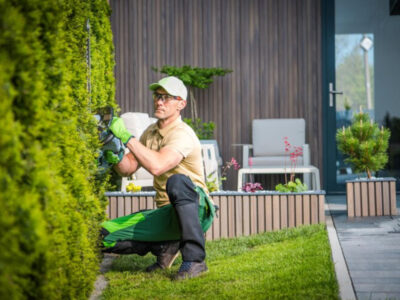

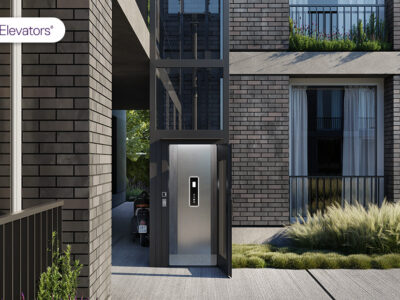
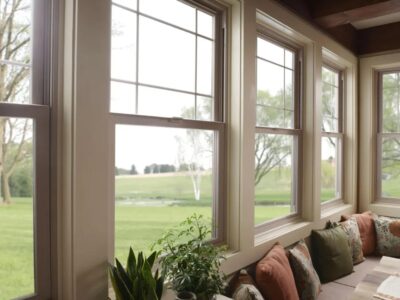



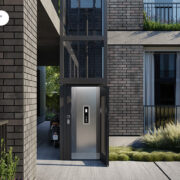
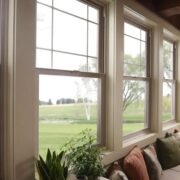
Comments